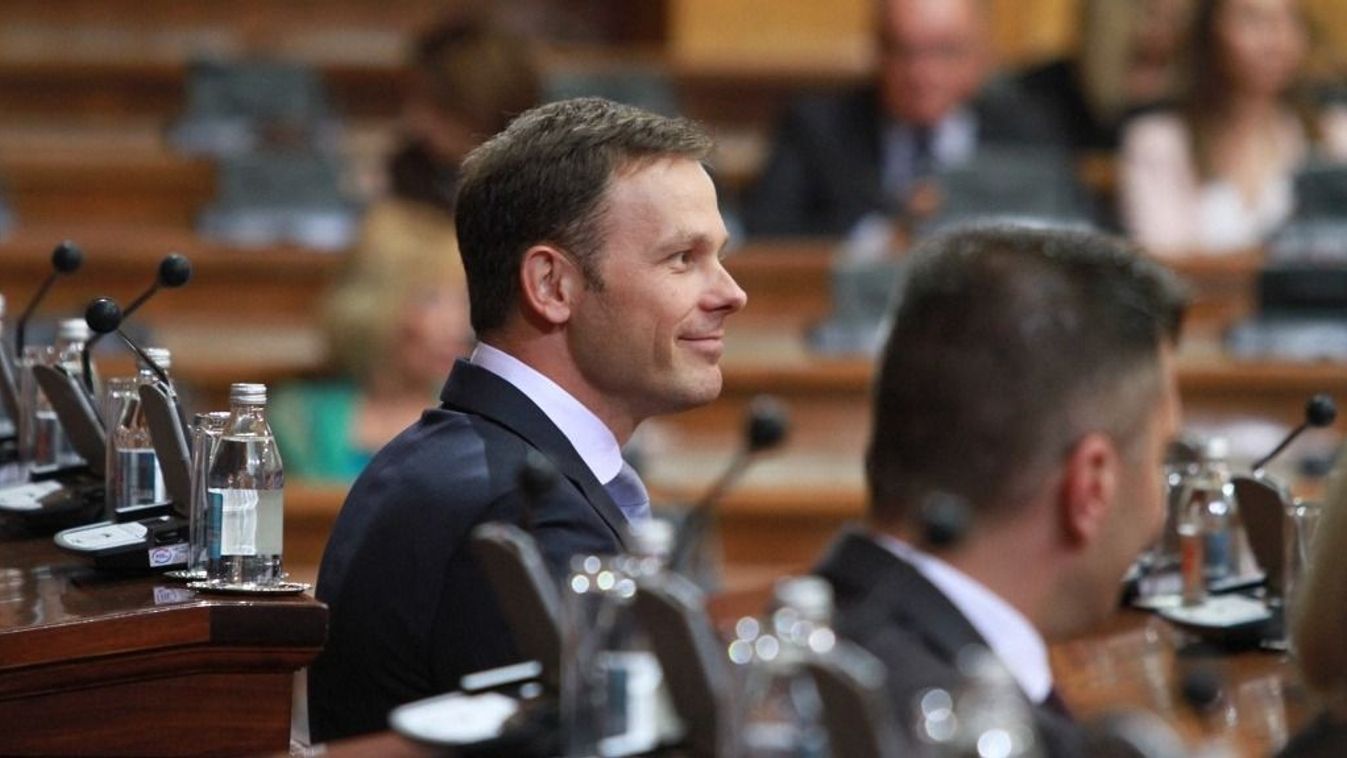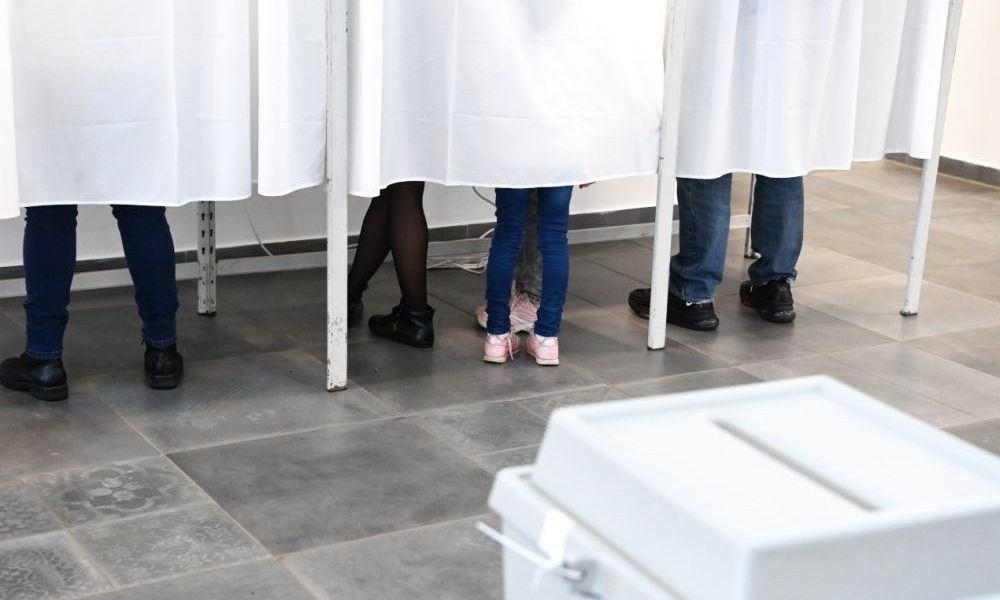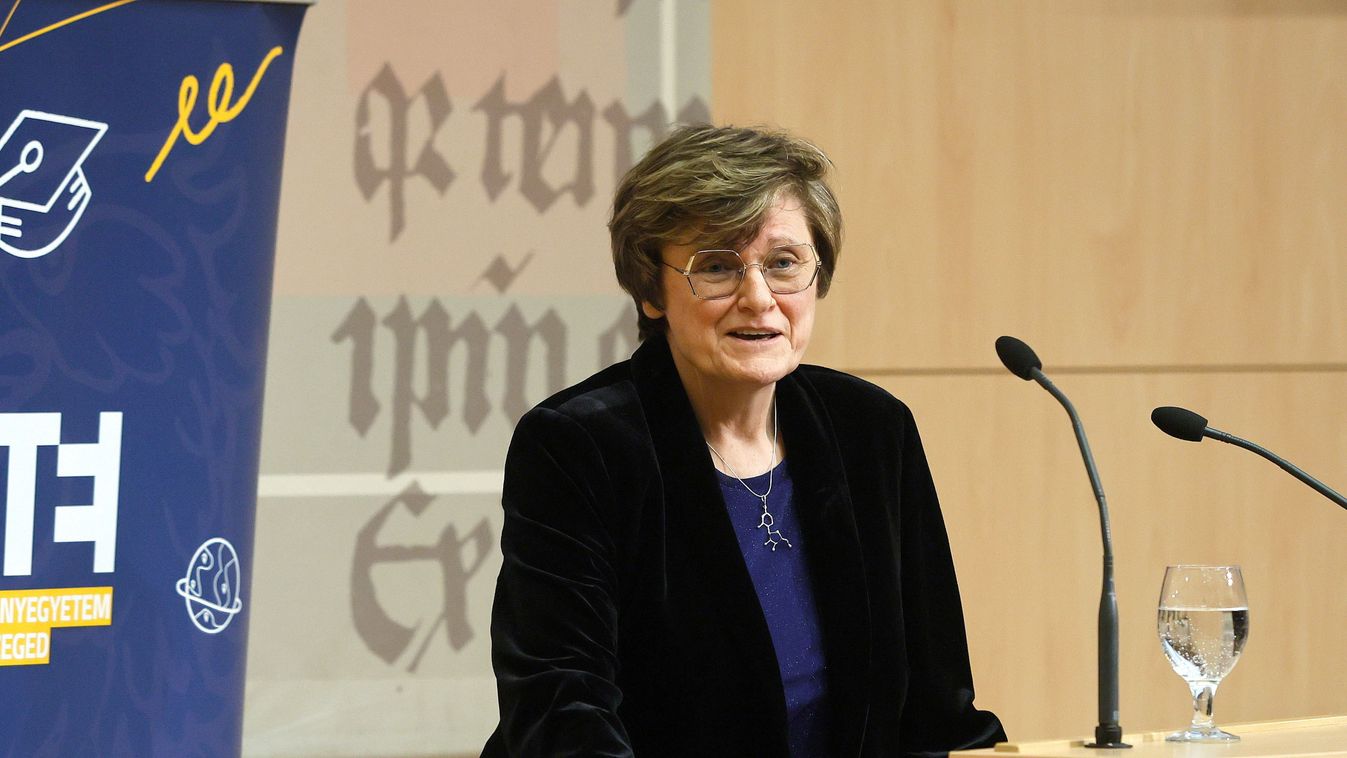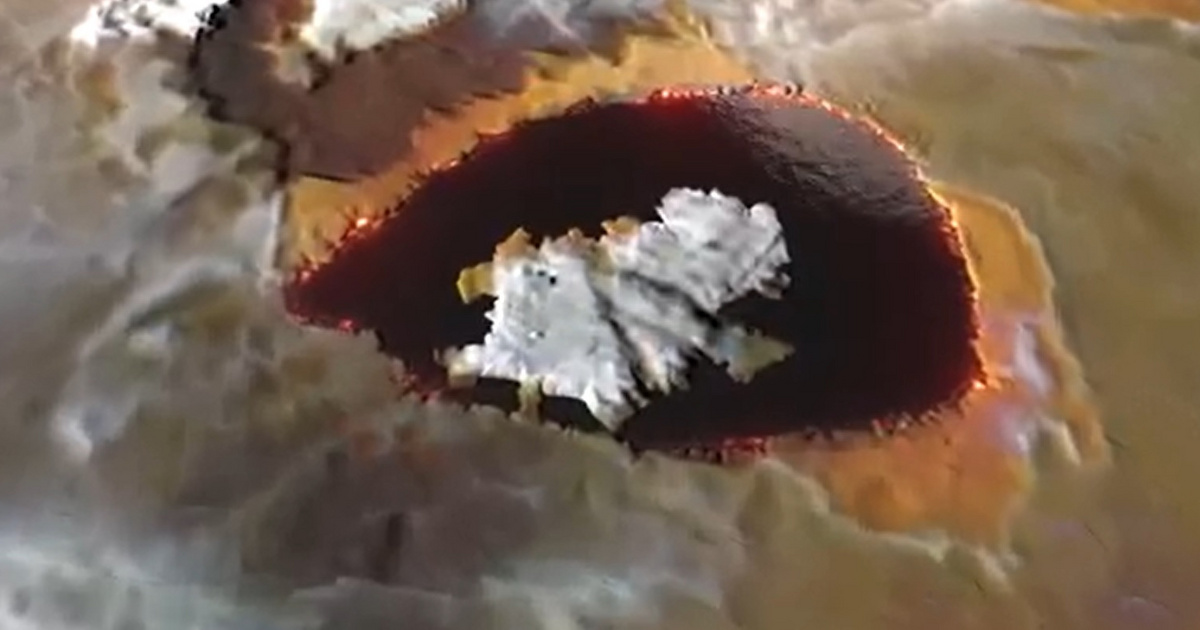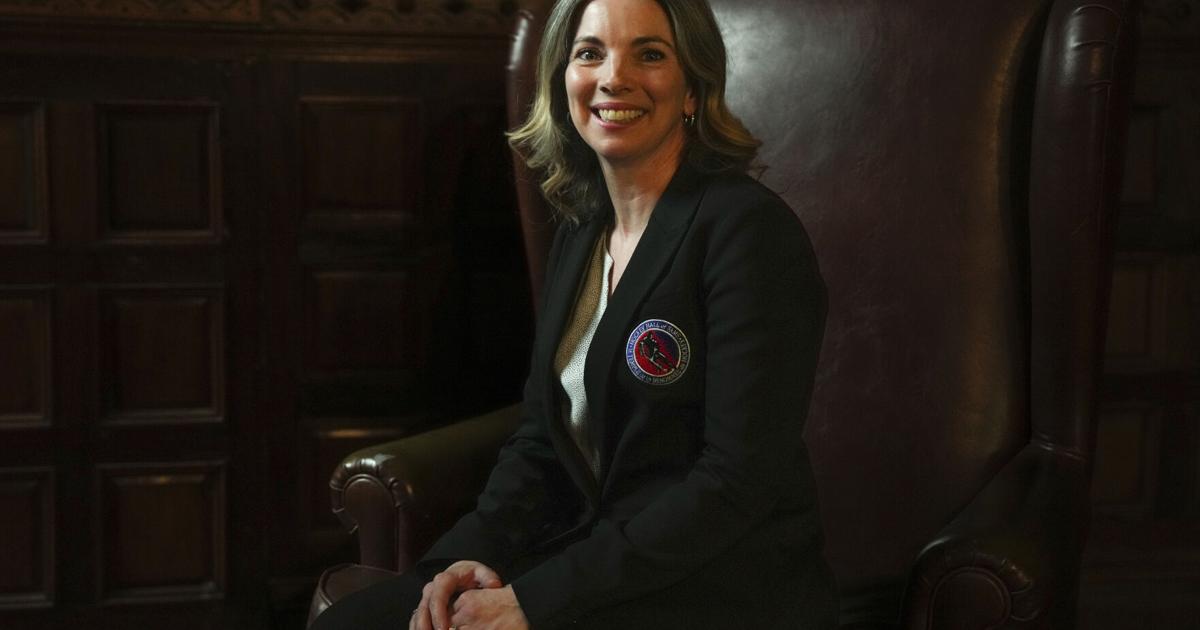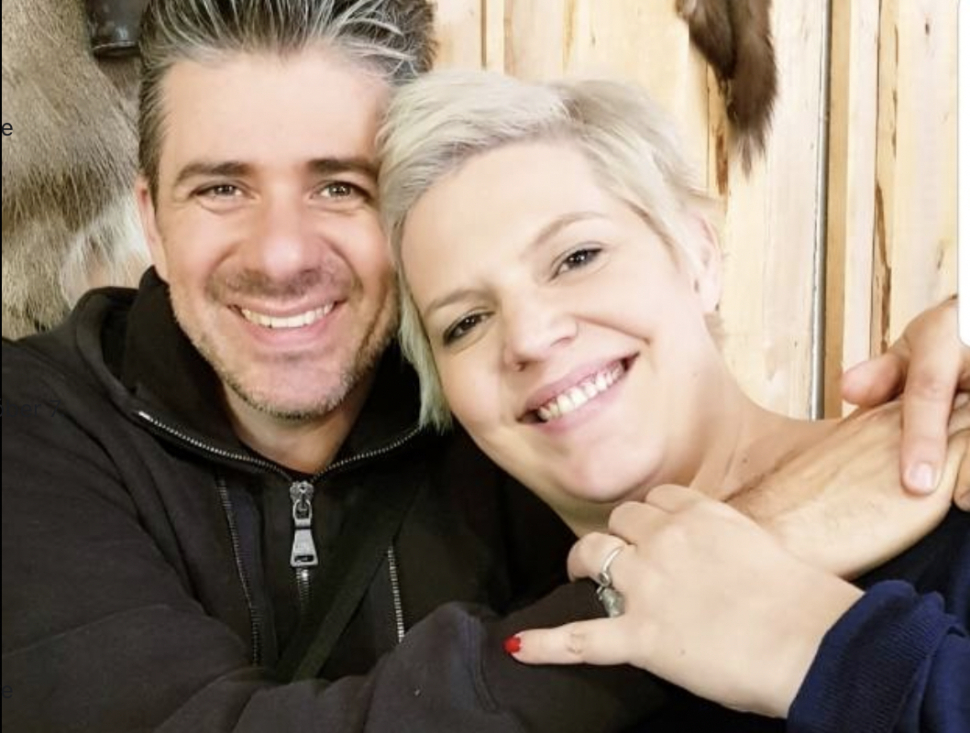European Central Bank Supervisory Board Chairman Andrea Enria said on Tuesday that there is some reluctance on the part of banks to take supervisory discussions about economic risks seriously. According to him, this situation is unacceptable, because the Russian invasion of Ukraine will turn into a permanent and complete macroeconomic shock, which requires extreme caution over supervision, according to Bloomberg.
Enria urged banks not to start from the fact that the past two years have been exceptionally low hypothetical loan rates. He warned the banks that during capital planning, they should create sufficient reserves in order to anticipate failure.
At the moment, banks are calculating profits rather than risk factors
A number of European lenders, including UniCredit and Commerzbank, have a positive earnings outlook for this year, as a central bank rate hike will boost earnings as well. Many also keep loan loss provisions flat, although rampant inflation And it gets worse energy crisis It threatens to bankrupt companies and makes it more difficult for consumers to pay their bills.
Pablo Hernandez de Cos, a member of the European Central Bank’s Governing Council, used the term “extreme caution” about allocations and capital planning on Tuesday, noting that the central bank was unlikely to be happy to distribute large dividends to investors in the current situation. .
Has the ECB cried like a wolf many times?
At the same time, Enria admitted it European Central Bank Its power was sullied by earlier warnings that pointed out dangers that never materialized. This was the case, for example, of the expected increase in state bankruptcies due to the economic downturn caused by the coronavirus epidemic, but it was almost completely prevented. In early 2020, the watchdog urged banks to make massive provisions due to the Covid shutdown, which severely hurt profits that year, and also imposed a dividend ban, which was found to have had a detrimental effect on banks’ valuations.
Regarding the current risks, Enria said, “In hindsight, our estimates of the potential increase in non-performing loans turned out to be very pessimistic to say the least.”
“We may end up with the same fate as the boy who screamed the wolf in Aesop’s fable, and there may be a tendency among banks to dismiss the supervision’s call for caution as unjustified conservatism,” the ECB expert added.
However, Enria reiterated his earlier warnings about the risks associated with lending to debtor companies, a practice that has expanded many banks in recent years. The central bank said it will impose higher capital requirements on lenders who do not take on this risk.
“In the second quarter of 2022, we noticed that the most active originators continued to close new deals almost as if they were operating as usual, even when opportunities for group engagement were not clear,” Enria said. He believes that the risks of banks have increased because of this.











